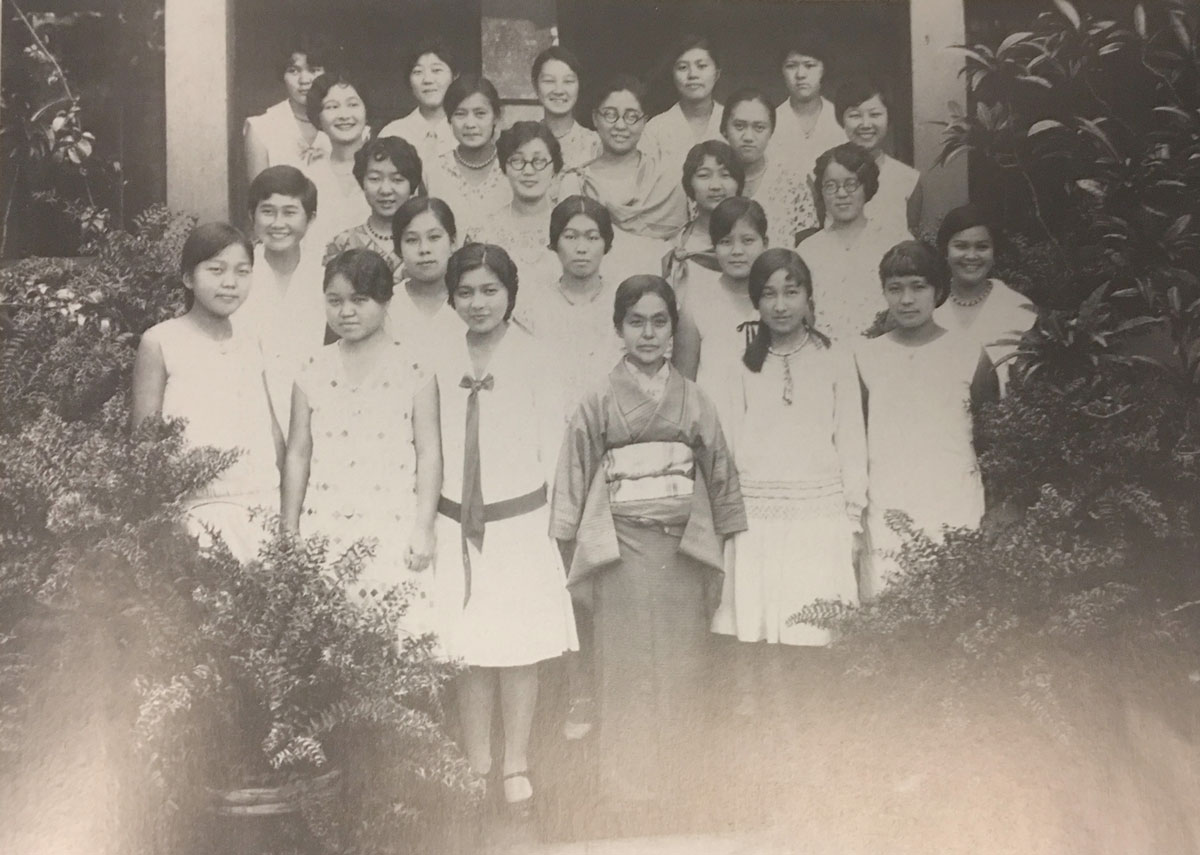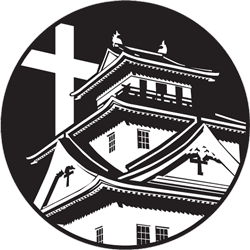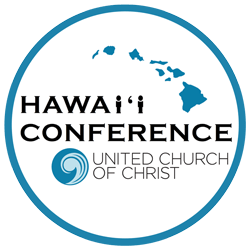Pictured above: Miss Sumi Ikeda (front) dressed in kimono.
Wayne Tadaki is the Coordinator at Theodore Ogoshi Archives at Makiki Christian Church. He writes a series of historical articles about Makiki Christian Church for the churchʻs newsletter.
Makiki’s Missionary Trio’s Inspiring Journeys
After growing up in Makiki Christian Church in the 1920’s and 30’s, Julia Motoyama, Tamie Kawashima and Mildred Kiyuna, three local girls, went on to serve the Lord in the international missionary field for most of their lives. Their combined years of missionary service totaled over 150 years. They went when they were young, when Japan was in political and social turmoil, and when they heard the Lord call them to minister in the war-ravaged, impoverished and humbled land of their forefathers.
The following are transcribed excerpts from a 1979 MCC oral history project, describing what early church life was like when Julia, Tamie and Mildred were growing up and what set the stage for their eventual lives of sacrifice and service.
“Most of us walked to and from church. Parking was no problem because automobiles were scarce among church members. A great many came on the trolley cars which ran on King, Beretania, and Lunalilo-Pensacola Streets. We were kids and teenagers during the period before and after World War I, and the lean years in the 20’s.”
“Well, I was only in the 3rd grade when I first started coming to Makiki Church and going to Sunday School. And in those days, even our teachers were in kimonos and they all talked to us in Japanese, both the hymns and stories. Rev. Okumura was the speaker so it was all in Japanese.”
“So the Isseis want to educate their Nisseis, but it was very expensive so Rev. Okumura opened his home and the boys lived together. And we must not forget when we talk about the Okumura boys’ home, his wife was very kind woman and acted as mother for the boys (strong touching emotions heard in Tokioka’s voice at this point).”
“Makiki became a haven for Japanese ministers from all over the Territory of Hawaii for a week or two each summer. The church unknowingly began to develop an outreach program with a nucleus of believers and supports on every island. The New Americans Conference, the general purpose of it was to try to introduce the Japanese community, especially the young people, to the business leaders, the Caucasians and other nationalities, the military leaders of Hawaii, and we gave them a forum every summer. Delegates such as Frank Atherton and Wallace Farrington and others would give speeches in the morning and in the afternoons, and nights they would schedule social events in the homes of the Caucasian people who were executives of different businesses.”
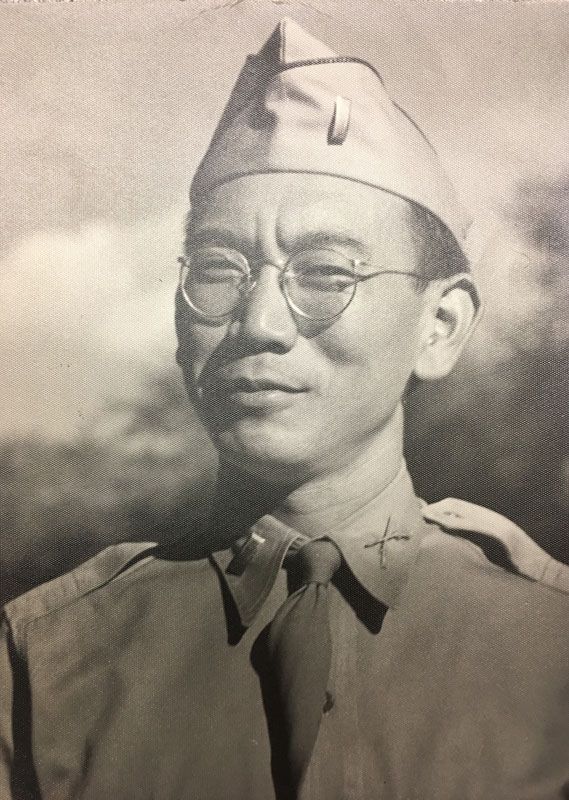
Suyeki Okumura
“They started this girls’ dormitory and we were the first five girls all from Kauai. With that group the following year more people started coming from Maui and Hawaii and some rural Oahu. At this dormitory Miss Sumi Ikeda was our matron, she was our Bible woman from Makiki Christian Church. We used to walk to normal school on Alapai and Kinau, it is torn down now. We all took our lunch at that time usually sandwiches with guava jelly and peanut butter.”
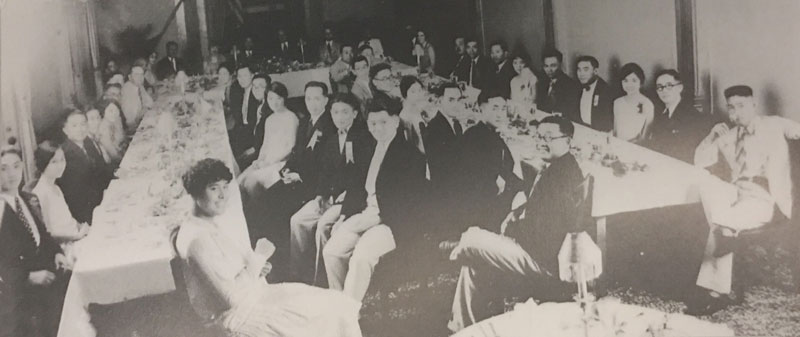
New Americans Conference invitees
“Well, I attended Sunday School ever since I was in the second grade and the first time was at the corner of Kinau and Pensacola, where the Aiyukai used to be. Mrs. Motoki and Mrs. Hatsu Okumura were my Sunday School teachers and they taught in Japanese and so that was really the beginning of my training to go to Japan because I learned “Jesus Loves Me” and “Praise Him, Praise Him” and other Japanese Sunday School songs through them, and I was able to teach these to the precious children in Japan about 20 years later.”
“Every 4th of July the whole church used to go on an annual picnic at Haleiwa beach and those days we used to use the OR&L – the railroad and that was really an experience which I never forgot.”
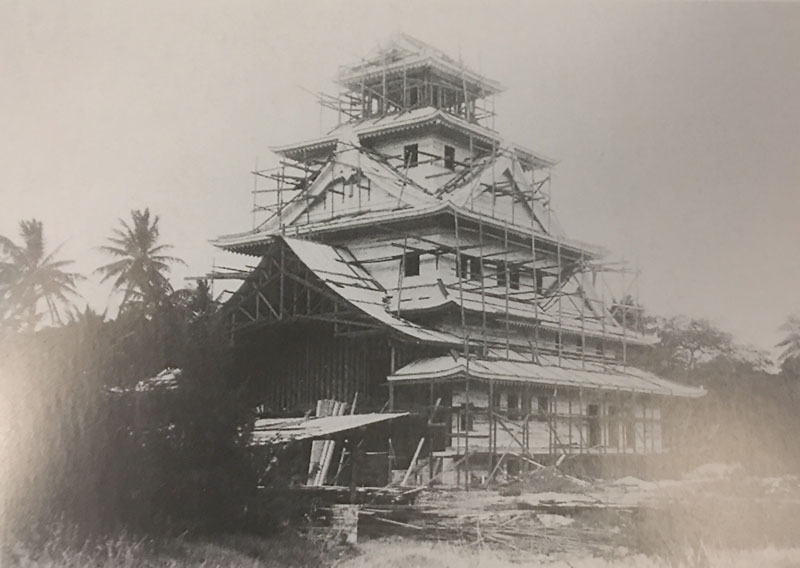
Makiki Christian Church under construction
“I remember father telling us about the fundraising (for the new church building) as it went along. He set a goal in his own mind for the members – most of whom were hardworking people with limited income. He was overwhelmed by their generosity and sacrifice. After he reached the membership goal, he then approached friends in the community. Too little has been said and too little recognition and credit have been given to these Caucasian benefactors and friends who have donated so much for the betterment of the community.”
THE CHURCH TOWER IS DEDICATED IN 1932
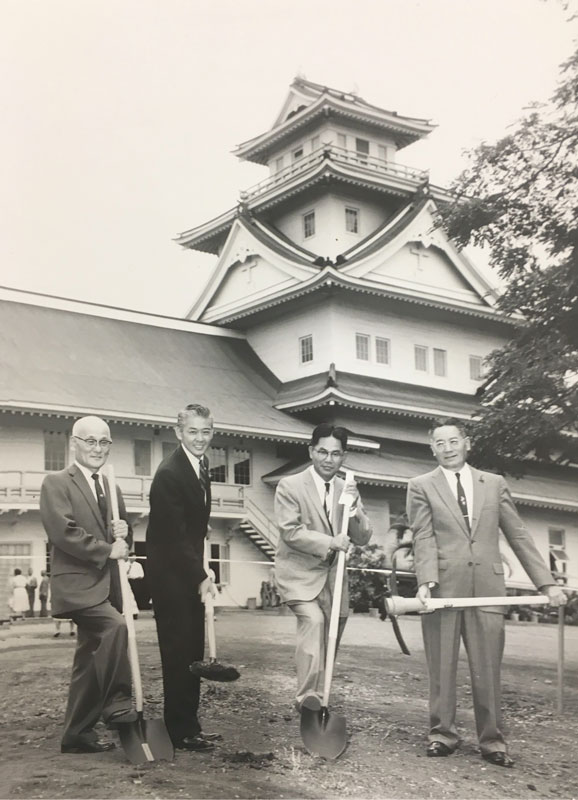
Masayuki Tokioka (far left);
Masuo Ogoshi (far right)
“In those days, Pensacola St. ended on King St. and it was just a dirt road coming into the church property. And I remember that we had to get permission to have a street car stop right on Pensacola St. because most of the people either walked or came on street cars at that time. And we asked permission from the City to have extra lights put on because services were held in the evenings and it was very dark at that time.”
“He (Rev. Okumura) was like a father to me. He was like a father to all the boys. He was the samurai type, straight when he walked. You could say that he was the son of a samurai and when he spoke his words were that of a Christian samurai.
“He (Rev. Okumura) was quite soft-spoken and he doesn’t seem to be rattled at all, very composed. . . the messages were in Japanese; it wasn’t difficult to understand but he had such a soft voice that the dorm young people used to be snoring in the back – he would lull them to sleep.”
WORLD WAR II BEGAN ON DEC. 7, 1941, WHEN JAPAN BOMBED PEARL HARBOR
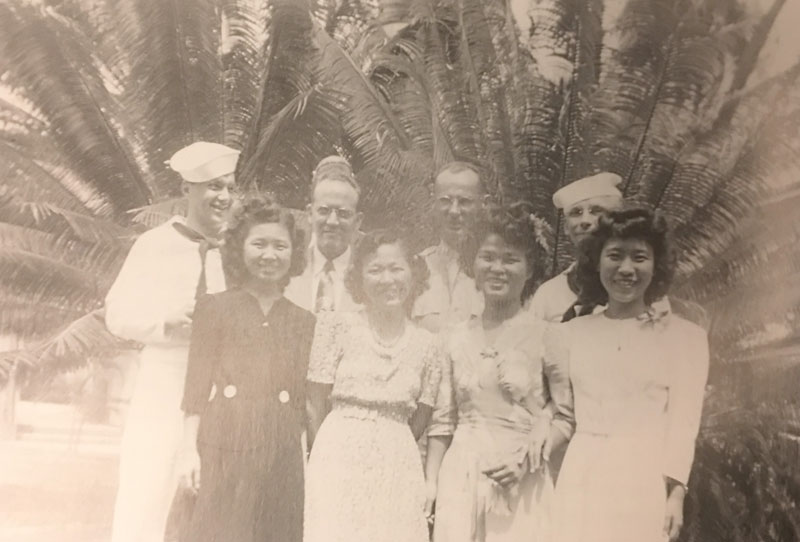
Rev. Peter McKnight (back row, 2nd from left)
“One of the finest things I liked about him (Col. Young) is that when the war broke out, we had a colonel in our midst so to get together as a group we were fearful, but yet, it was comforting to have a man like that in our midst.”
“Colonel James Young was a man who had retired from the Army just before World War II broke out. When the war broke out, he was reactivated and he had been at Makiki Christian and he was really responsible for putting Makiki on the map, so to speak, because he had contacts for chaplains, and he gave money generously. A lot of young people got a good start in the Christian faith because of him. Makiki owes a lot to him.”
“We were fortunate to have Col. Young helping us just before the war and being a colonel in the Army, he’s the one that called Julia (Motoyama) to disband the Sunday School (temporarily) because of the invasion that Sunday morning. The thing I remember is that my mother used to attend services in kimono, but (after December 7) the kimonos were put away and the women donned dresses.”
“During the war we had many guests attending services and among them were many GI’s. I think that through their acquaintances with Julia through Moody Bible Institute, they made up quite a bit of the congregation.”
“We had a lot of these service people come and worship with us from Pearl Harbor, from the Army, and Col. Young would bring some of his friends. Local people gradually came back to worship with us, and Miss Julia Motoyama had a group – bible study group known as the Miracle Book Group and this drew young people also.”
“I would say we would have probably 50-75 or more sailors, Marines, and Air Force men there at the church every Sunday and they were well received and many of them were college classmates of mine and I said, ‘How does it feel to be out in the Pacific fighting Japanese and then coming back to worship with them,’ and they said, ‘it’s the greatest experience they ever had.’ They really loved the Makiki people.”
“Our boys went away to war and I remember Julia getting the people together to go over the names of every serviceman from our church and we used to pray for their safety.”
“Well, they say you don’t have to know how to pray; God will answer your prayer anyway. But He’ll answer only in need, not what you want. And all through the war, I’ve had my ties with Makiki through the Motoyama family. I would say that being connected with a church makes you feel a little different – not that you’re better – the feeling is a little different. God is watching over you; it makes it a little easier. Being Oriental, Japanese, you’re not afraid to die. It’s not because you’re a Christian or anything else, but to start off with, we were taught that to die for the country is something else. But I found out later on, that it’s not to die for the country, but in the service of the Lord. This is my feeling today.”
“I almost lost my life about 3 times, but I always felt that maybe back home, the church had something for me to do; sparing my life, to come back here and do something. After I came back, whatever talent or gift that God gave me, I should return.”
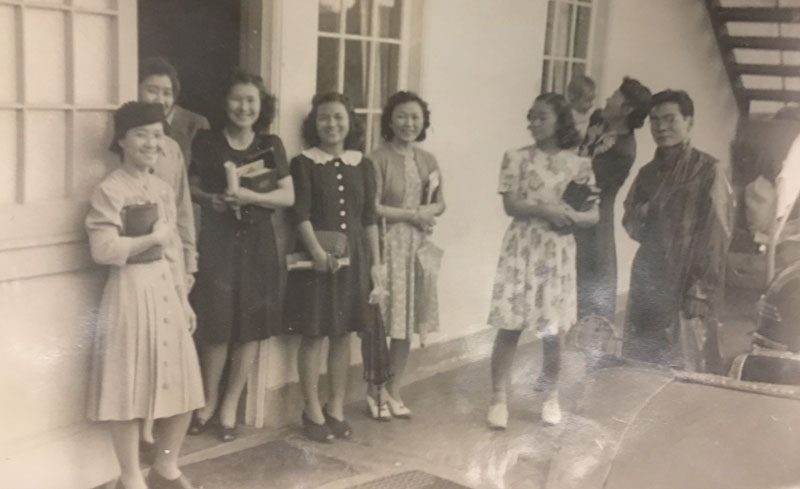
A youthful Julia Motoyama (far left).
“Well, Julia was a Christian education worker when I was there (at MCC). She was a graduate of Moody Bible Institute. We had an English school at Makiki. Julia taught the 1st year students, I taught the 2nd year students. They were Japanese aliens that wanted to learn English and that’s where I really first worked with Julia, and Julia was a very devout Christian. She was a good organizer and when Julia spoke, the youth listened. She really had a lot of influence on the young people at Makiki Christian, a great deal of influence.”
Before, during and after the “war years” in Honolulu, then, were the times and setting in which God spoke to our trio of young women, and gave birth to their decisions to launch themselves fully into His service. In the next article we will look more deeply into what these brave young women experienced while serving our Lord so far from home.

